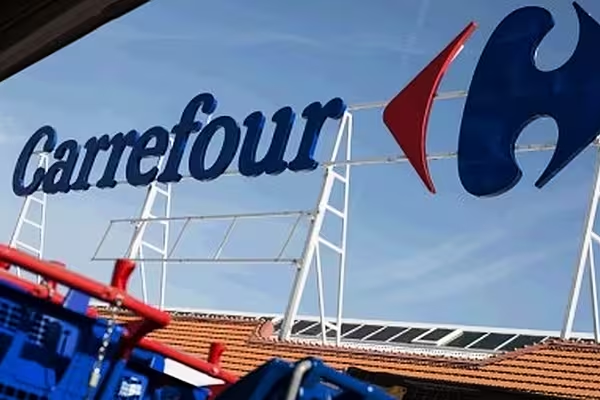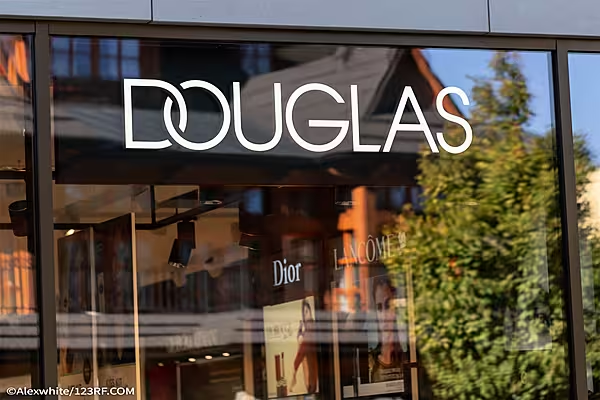France's economy benefited in August from a pick-up in business due to the Olympic Games as a sharp upswing in the country's services sector offset ongoing weakness in manufacturing, a survey has shown.
The HCOB flash purchasing managers index for France's services sector, compiled by S&P Global, hit a 27-month high of 55.0 in August - up from 50.1 in July and beating a forecast for 50.3 in a Reuters poll.
Any figure above 50 points shows an expansion in activity, while below 50 indicates a contraction.
France, the euro zone's second-largest economy, has been banking on the Games to bolster its tepid growth rate. The country's statistics office has predicted a 0.3 percentage point boost from the Olympics, which ended earlier this month.
The flash composite PMI for August, which combines both the services and manufacturing sectors, rose to 52.7 points - a 17-month high - from 49.1 in July.
'Temporary Impact'
However, survey compiler S&P Global cautioned that the impact of the Olympics was likely to be temporary.
"Service providers will have benefited from the Olympic Games," said Hamburg Commercial Bank economist Norman Liebke.
"The one-off nature of this boost is evident in the worsening employment situation, weaker output expectations and declining backlogs of work," he added.
By contrast, France's manufacturing sector continued to weaken.
The flash manufacturing PMI figure for August stood at 42.1 - down from 44.0 in July and below a forecast of 44.4 in a Reuters poll.
Euro zone business activity
Elsewhere, euro zone business activity showed surprising strength in August despite firms raising prices.
HCOB's preliminary composite purchasing managers' index for the euro zone, bounced to 51.2 this month from July's 50.2, moving away from the 50 mark that separates growth from contraction.
That confounded expectations in a Reuters poll for a dip to 50.1 and beat even the most optimistic prediction for 50.8.
The rebound in activity came even as firms in the 20-country currency union raised prices at a faster pace. The composite output prices index climbed to 52.9 from 52.1.
An unexpected rise in July euro zone inflation, a resilient labour market and steady economic activity could make ECB policymakers cautious.
Having reduced the deposit rate in June, policymakers paused in July although a Reuters poll published last week suggested there would be two additional cuts this year.
A PMI covering the services industry soared to 53.3 this month from 51.9, beating a poll prediction for no change.
Additional reporting by ESM














